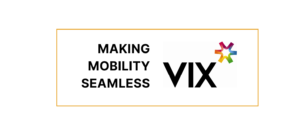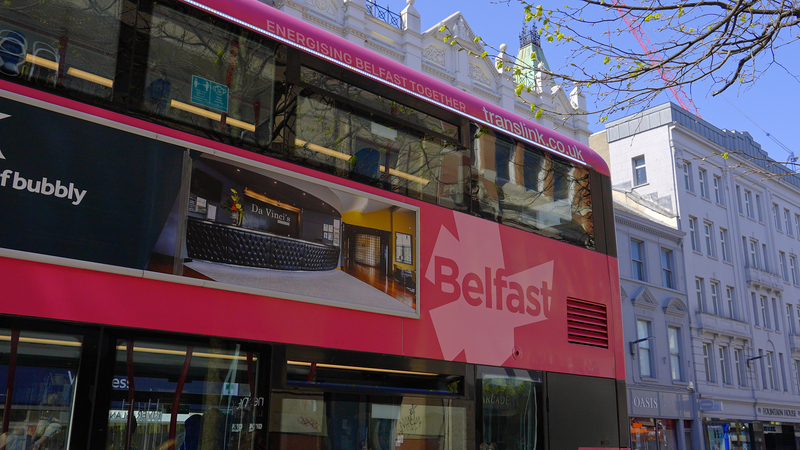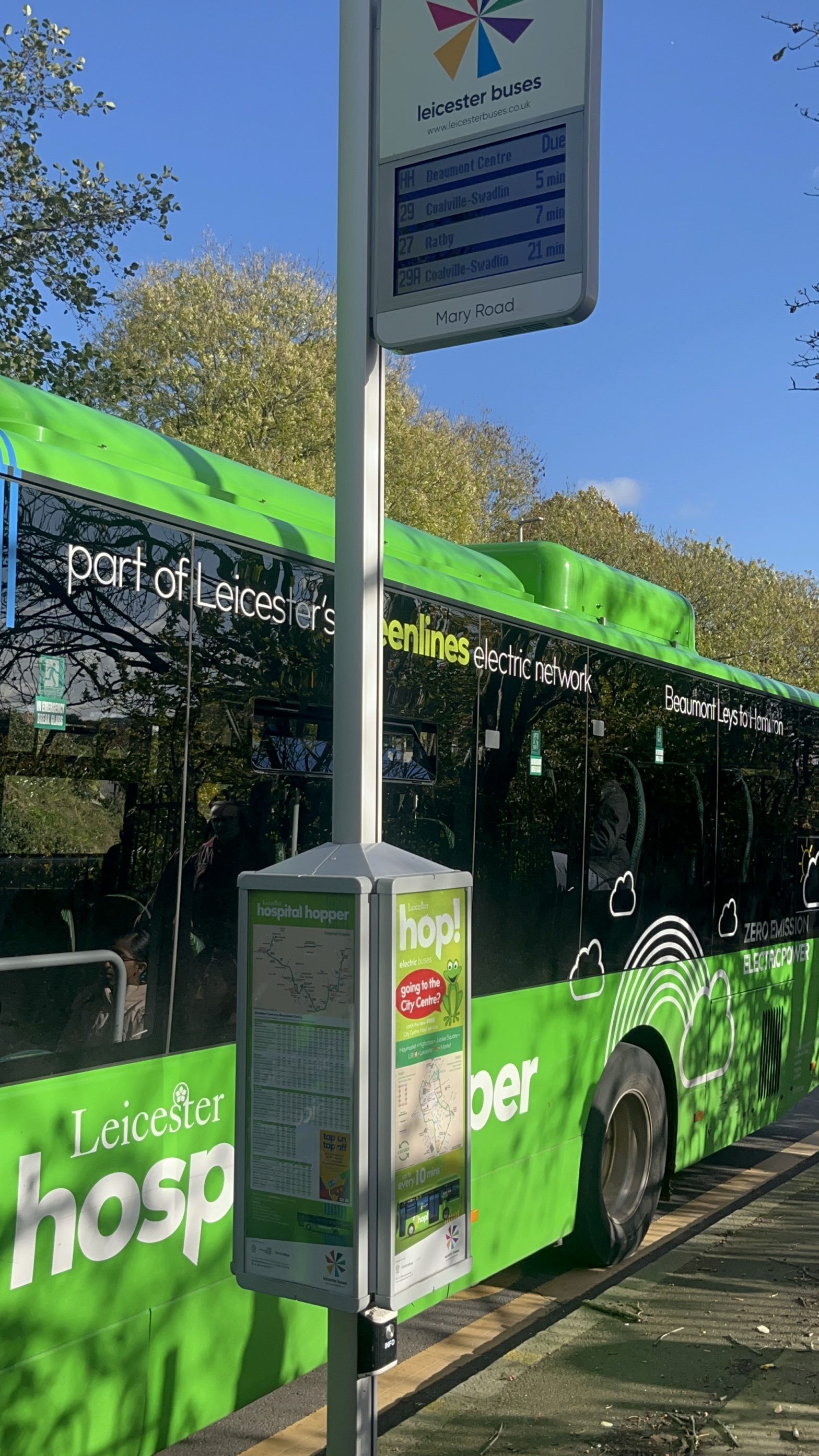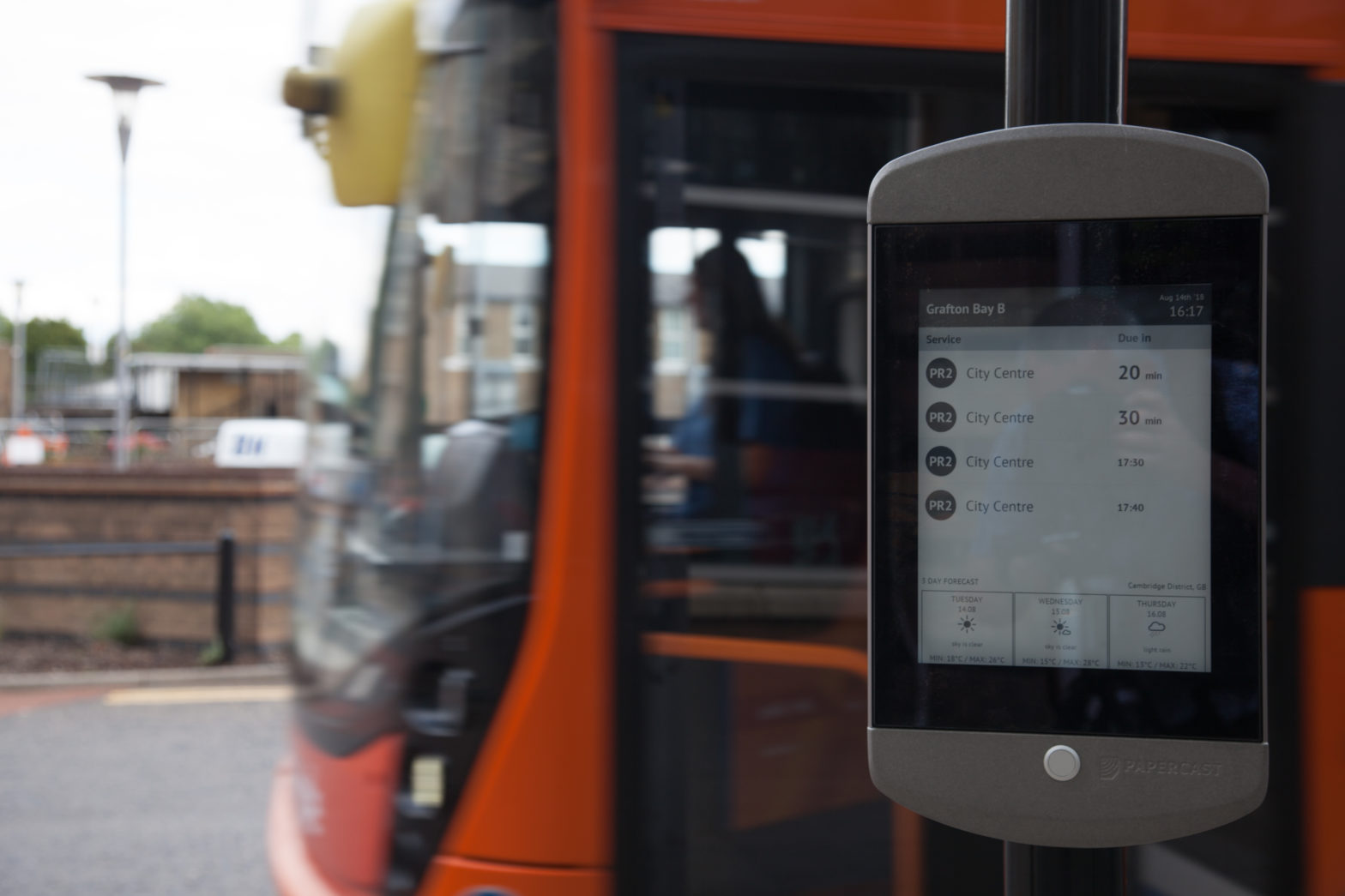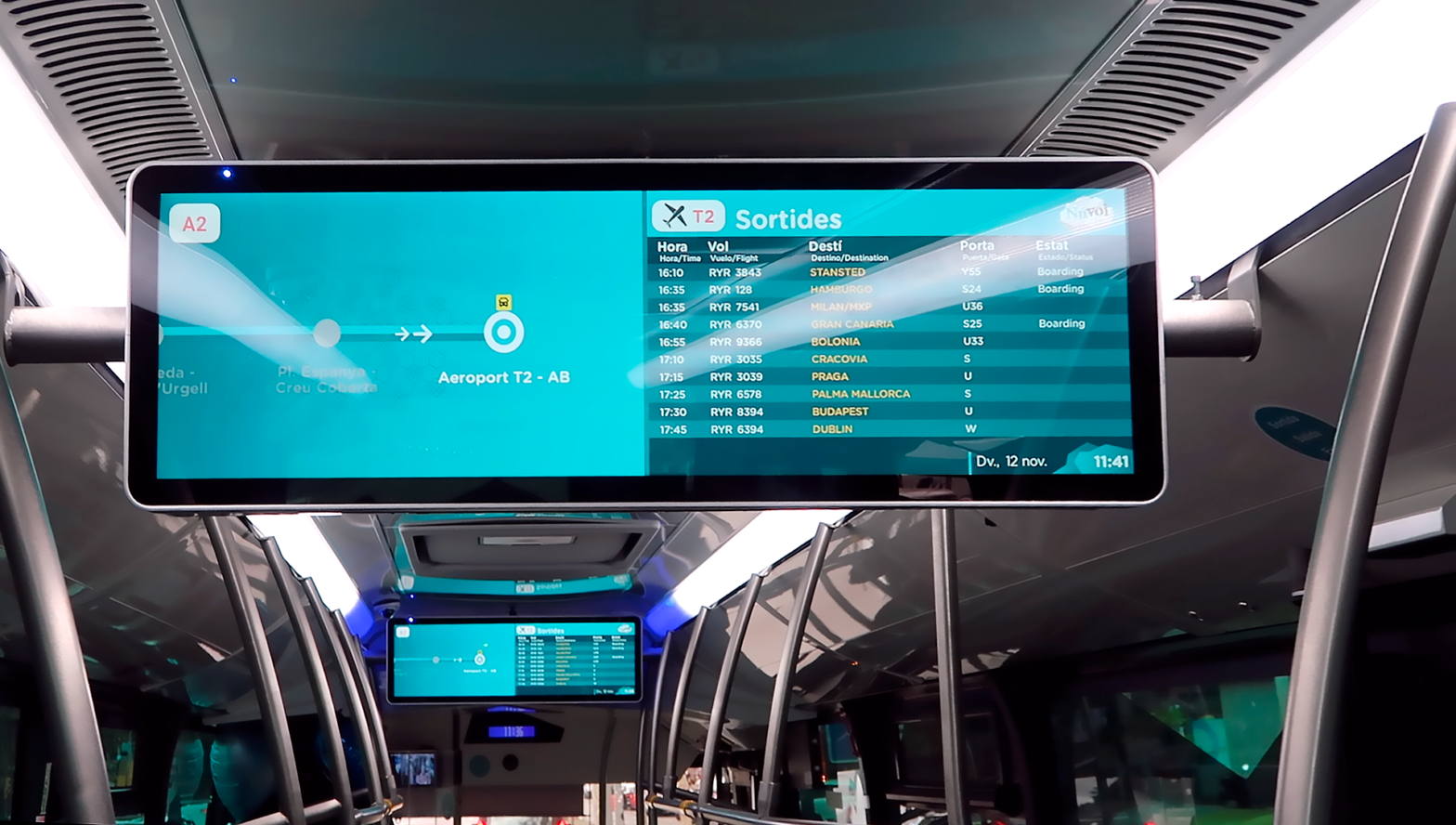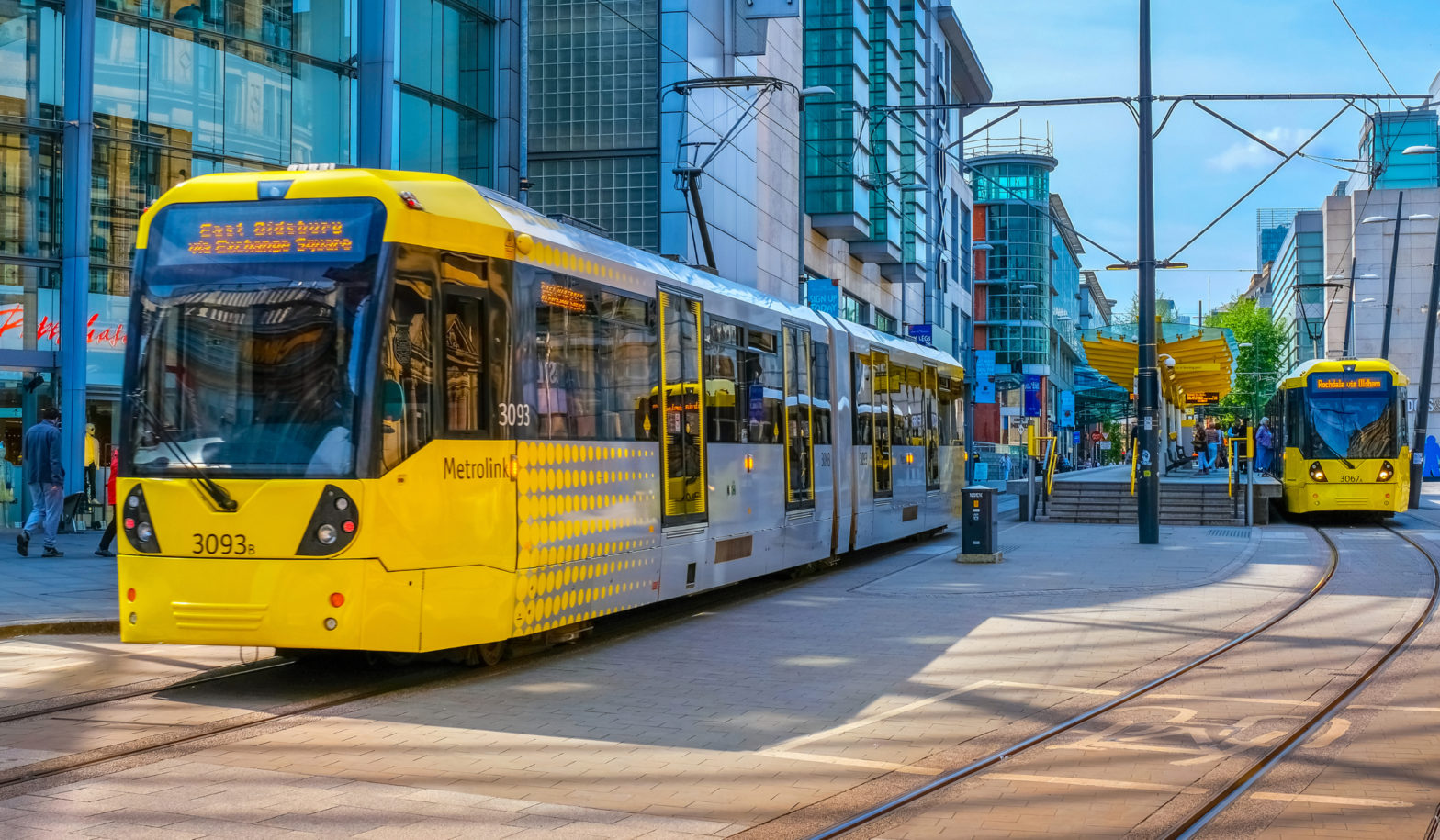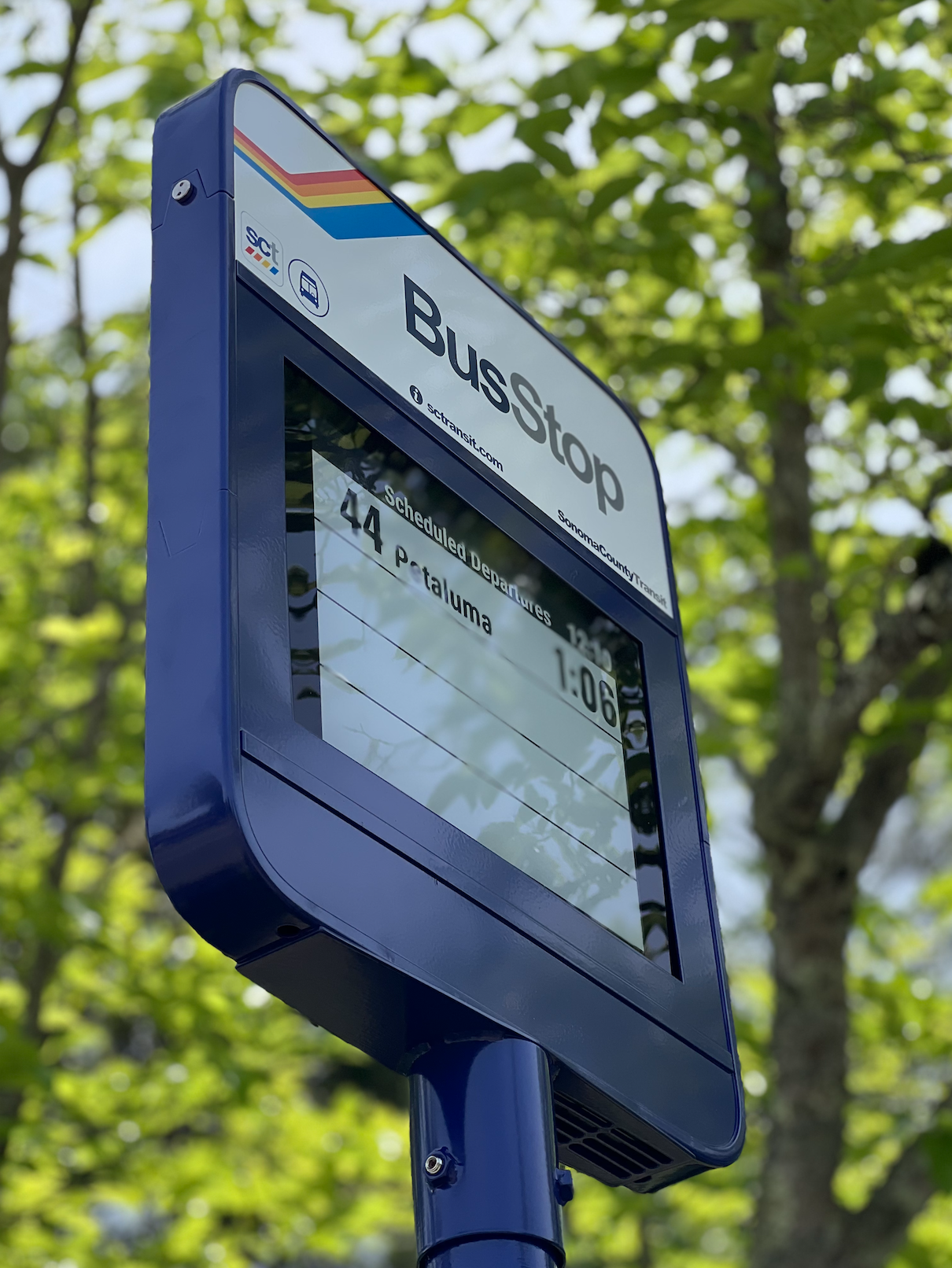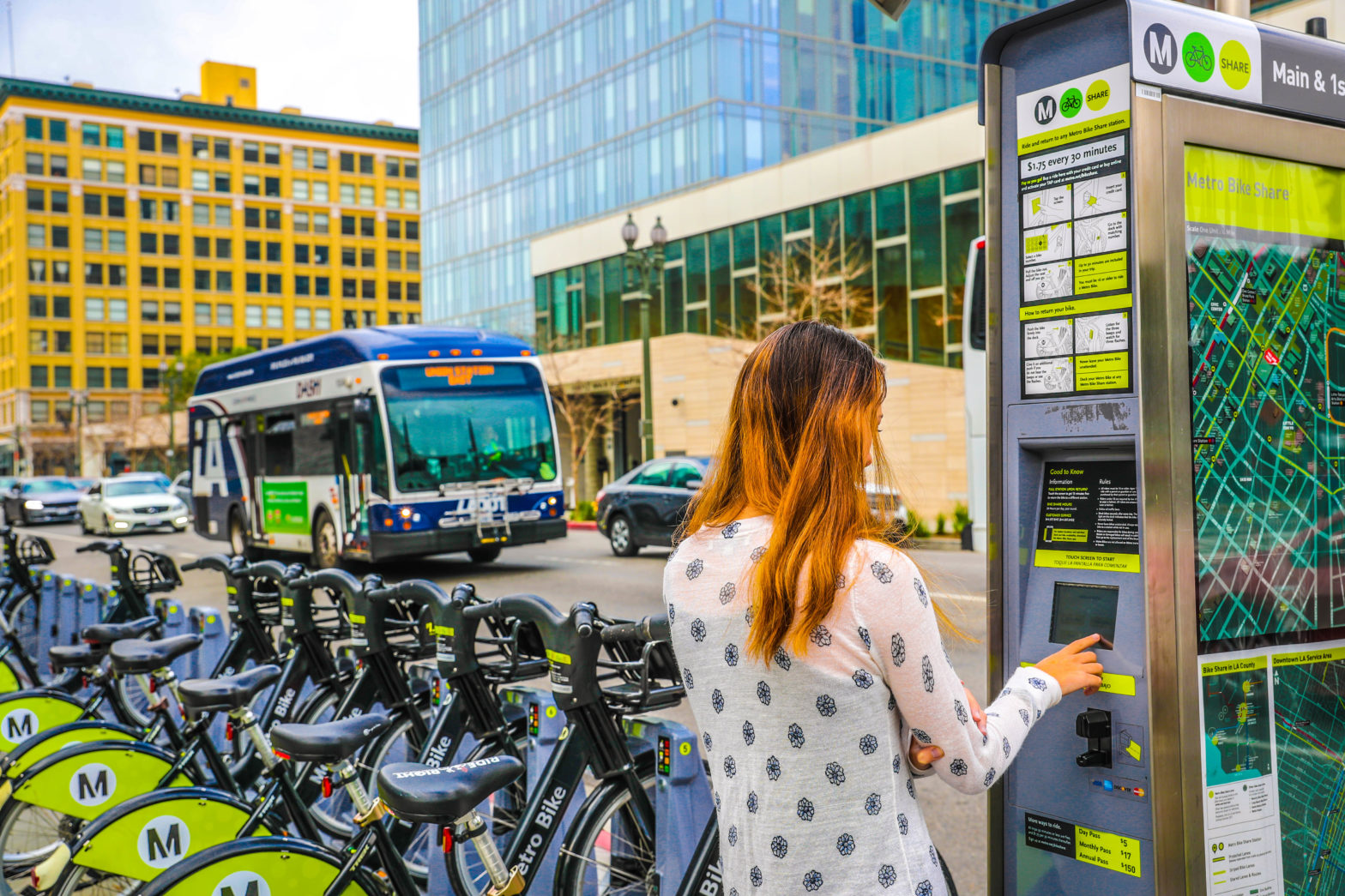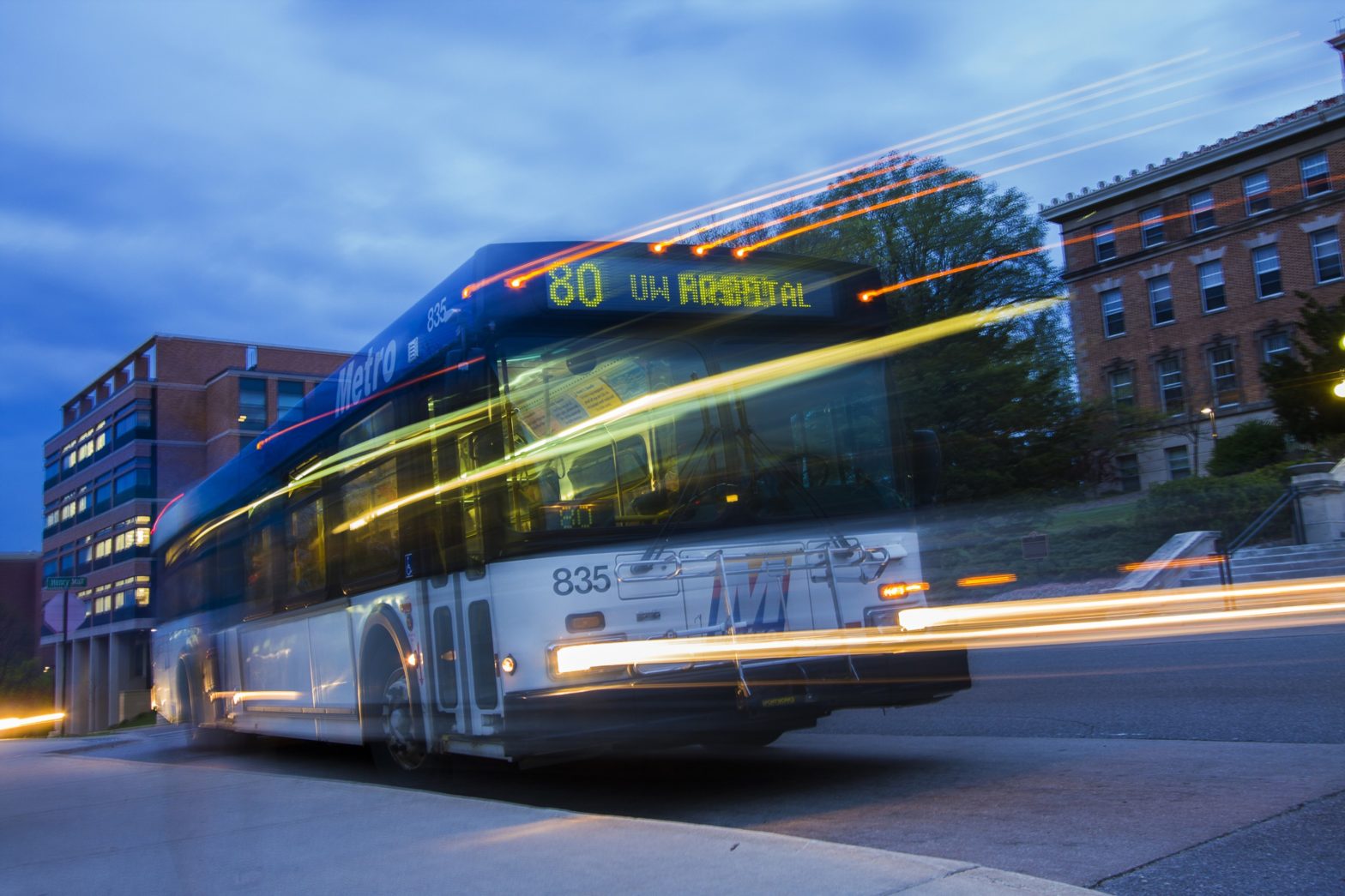
Photo: dreamstime_xxl_38994504
How technology is helping increase bus ridership
17 May 2023
Technology will play a crucial role in helping public transit operators – especially those providing bus services – adapt to major changes. These include the need to adjust to post-pandemic travel patterns and meet increased demand as cities across the world strive to drastically cut CO2 emissions.
A new whitepaper, produced by Cities Today Studio in partnership with Vix Technology, explores these challenges from a bus operator’s perspective, outlines best practices for deploying technology in bus management, and showcases leading examples.
Key highlights include how to improve passenger confidence through better information, how to maximise the opportunities from investment, the importance of staff training, making the most of data, and a case study on how to apply technology to on-street bus management.
Opportunities
Many bus transit operators in the US have implemented sophisticated run-cutting, scheduling practices and real-time automatic vehicle location (AVL) systems. Real-time information and GPS-tracking is part of a wider move to use technology to assist with on-street management of buses.
The street management of bus operations attempts to maximise reliability for the benefit of passengers and operating efficiency. The whitepaper reveals how, if used well, technology can boost passenger trust by keeping riders informed about services using real-time passenger information displays.

Daniel Boyle, the author of a study from the US Transit Cooperative Research Program on transit service evaluation, says: “I think that the ability to predict the arrival of your next bus has been huge in terms of giving people confidence in the system – but when it doesn’t work, that confidence disappears.”
Boyle stresses that the key to implementing good passenger information systems is not only to choose proven solutions but also to make sure that staff understand and can support the technology.
Yet technology should not be used for technology’s sake as staff expertise and knowledge can easily become overlooked.
“On a day-to-day basis, random occurrences happen all the time when you’re running a bus operation – whether that’s a problem with the vehicle itself, a problem with the driver or on the vehicle, or problems that happen completely externally to the vehicle,” says Susan Walnut, Product Director UK & Ireland, Vix Technology.
“These all need to be dealt with in real time using tools that help the operation staff understand what’s happening and understand the context in which it’s happening.”
With over 20 years’ experience at National Express, one of the UK’s largest bus operators, Walnut has been at the heart of some of the biggest transformations in transport technology.
“Typically, your operation staff will be people who know the areas buses are running in. There is an awful lot of talk at the moment about AI and recommending new routes and new deployments for vehicles, but we have to remember that actually 95 percent of the time the people who are working in the dispatch and traffic offices are people that know the region like the back of their hand; they know exactly where buses can and can’t go.

“We shouldn’t forget that the people who are doing this are skilled professionals – what they’re looking for is an AI tool to help make the decisions rather than a tool that will make the decisions for them.”
What the future holds
Looking towards the next five years, Walnut believes there will be an increased focus on the personalisation of services, which could be delivered through demand-responsive vehicles.
“I think there’ll be a greater linking of the traveller to that vehicle in a particular way,” she says.
“In fact, I could even see there being some level of demand-responsive pricing for buses, and some seats may even be bookable. In order to get people out of cars, they’re going to want some surety around the bus in the same way they have with a coach or a train.”
Other key takeaways from the whitepaper include:
- Technology is always evolving – agencies need to work with vendors who are attentive to this.
- Training staff isn’t just about showing them how it works, but explaining why the change is being made.
- Personalisation of services, such as through demand-responsive vehicles and pricing structures could be transformative.
- Reliability will dictate whether passengers will feel confident enough to give up their cars for public transport options.
- While delivering accurate and timely information through RTI is key, a bus service which is reliable and punctual is equally as important.
- Poor service erodes public trust in the transport system and jeopardises government goals to increase public transport usage.
Download a free copy of the whitepaper now: https://vixtechnology.com/its-whitepaper-2023/


